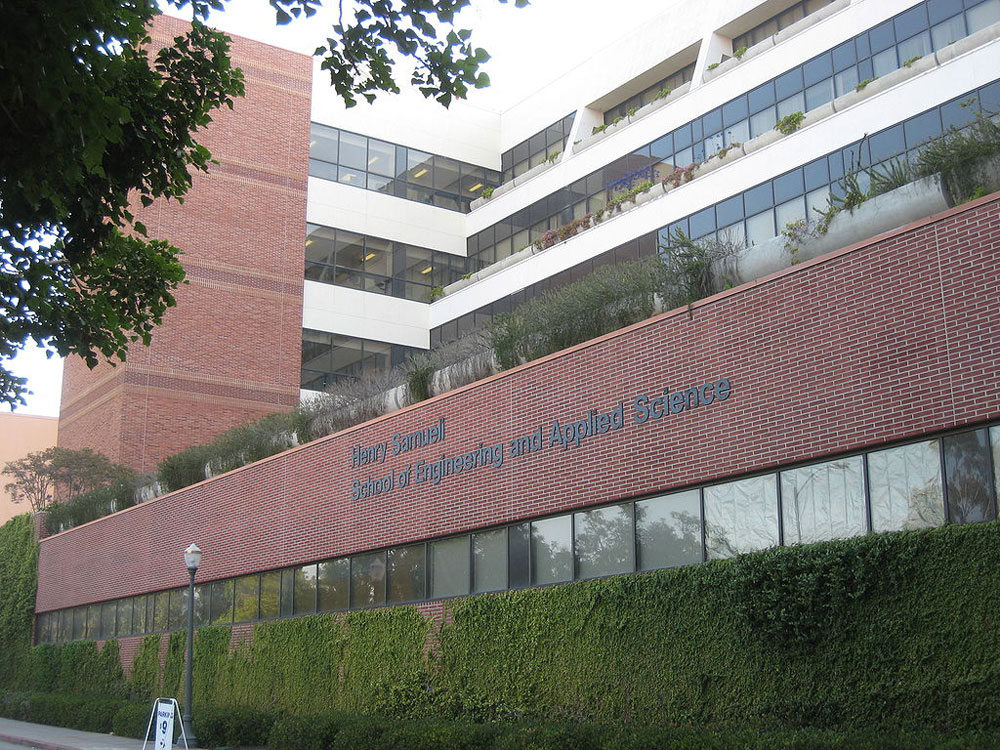
June 4, 2019; Los Angeles Times
Public institutions of higher education have not seen as much public funding lately. Even as the effects of technology to the job market grow more apparent, and with even greater changes still on the horizon, state aid to colleges has declined by more than 11 percent since the Great Recession began in 2007.
Universities that want to succeed are not just reaching out for large gifts; they are beginning to depend on them. Increasing numbers of so-called “mega-gifts” in the hundreds of millions of dollars are making their way into our institutions of higher learning, both public and private. This means donors with corporate interests are often influencing academia, and it is reasonable to assume that many graduates may seek out those same corporate interests when looking for jobs.
With this month’s announced $100 million gift, Broadcom’s Henry and Susan Samueli will have now provided UCLA (University of California, Los Angeles) with a total of $188 million in donations. That $100 million gift will feed the engineering school at UCLA that bears their name, which is working on things like carbon-neutral concrete, portable systems to make contaminated water potable, and medical robots. Although approximately 26,000 apply annually, the school has been able to accept only 775 students each year. As of 2016, the school enrolls a total of 5,300 graduate and undergraduate students.
Samueli provided the donation without too many strings—the only restriction is that the money must be used to expand the engineering department. The school is looking to expand the program to admit 1,000 students a year and to increase its total enrollment to 7,000. Doing so will require more tenure-track faculty, labs, and equipment. And, according to Jayathi Murthy, the dean of the engineering school, none of that would be possible without private donations.
“State support is critical for a state university, and nothing replaces that,” Murthy says. “But state support has been decreasing for many years—decades really—and we are dependent more and more on philanthropy to provide the undergirding we need…to build the labs and buy the computers and equipment.”
Sign up for our free newsletters
Subscribe to NPQ's newsletters to have our top stories delivered directly to your inbox.
By signing up, you agree to our privacy policy and terms of use, and to receive messages from NPQ and our partners.
Henry Samueli issued a statement with the gift:
The demand for engineering graduates has continued to grow unabated, so it is exciting to see UCLA’s significant commitment to increase the number of students and faculty, and expand research and entrepreneurship within the school. Such a commitment will ensure that UCLA Samueli remains among the elite engineering schools in the world.
A great deal of research is happening in the labs already. The US Office of Naval Research has funded research for the development of robots with sensitive touch sensors. Such machines detect explosives better and keep humans out of danger. Students use the innovation lab’s 9,000-square-foot space and its 3-D printers, tools, and laser cutters to experiment and create.
One of the second-year students in aerospace engineering, Anneliese Peterson, is planning to intern at a startup that makes rockets which can place small satellites in orbit. They are hoping to bring internet access to remote global areas, which could democratize education across the planet. “Engineering is the cutting edge,” Peterson says.
With all the positives, there’s still doubt lingering over whether private or corporate interests should wield such a strong influence on colleges. The Samuelis provided UC Irvine with $200 million in 2017 to improve medical care through multidisciplinary education, research, clinical services, and community health programs that focus on the whole person. The contribution is meant to tie faculty and students from “computer science, engineering, social sciences, business and other areas” together “within the institute to study the future of human health.” Critics were concerned, however, that the donation came with too much influence over academic programming.
In the long run, as we consider who owns the means of production, which includes the schools that train the workers, we could all be a little more concerned about the future of this economy and democracy.—Marian Conway













